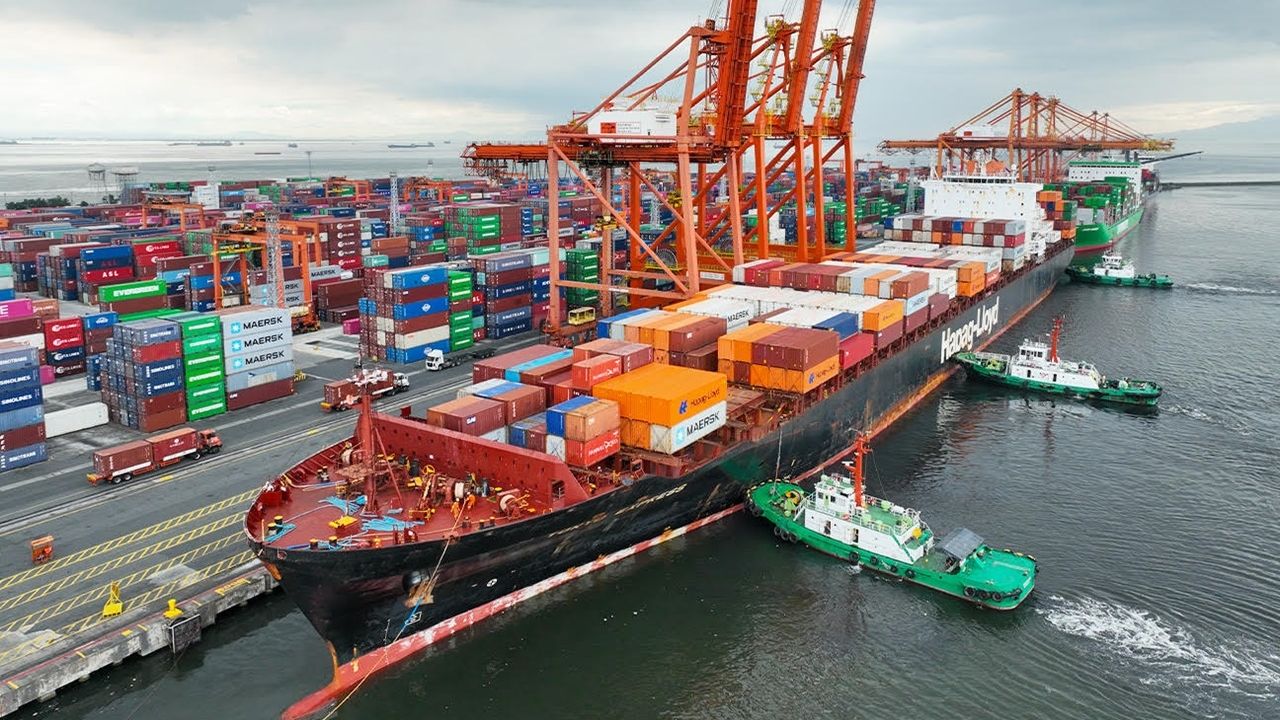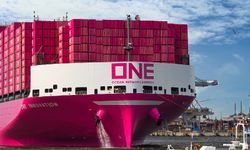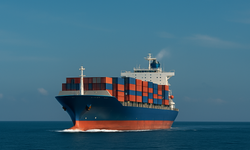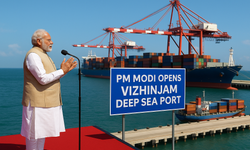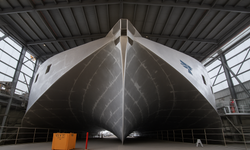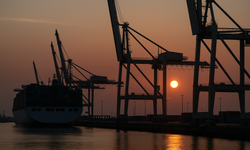1. U.S. Tariff Risks
Nixon pointed to the possible return of Section 301 tariffs in the U.S., which could impact vessel operators making port calls. A decision is expected on April 17. If implemented, these measures could disrupt trade flows and raise costs for shipping companies.
2. Red Sea Instability
Conflict in the Middle East—particularly involving the Houthis, Israel, Iran, and others—has made the Red Sea a dangerous route. As a result, many vessels are detouring around Africa’s Cape of Good Hope, adding weeks to travel times and straining global capacity.
3. Decarbonization and Regulatory Uncertainty
While the industry is ready to build and operate green ships, Nixon emphasized the need for clearer regulation. Many companies are holding back on major investments until they understand what the International Maritime Organization (IMO) will require in the coming months.
Tankers and Bulk Shipping: Risk Brings Opportunity
Zahid Osman, CEO of MISC Berhad, noted that while conflicts hurt global trade, they also boost demand in the tanker sector as routes get longer. Meanwhile, Berge Bulk CEO James Marshall said dry bulk shipping is recovering, thanks to continued demand from China.
Eyes on IMO 2025
Christopher Wiernicki, Chairman of ABS, stressed that 2025 will be a turning point. To meet climate goals by 2050, the sector will need major fuel changes, more renewable energy, and carbon capture.
Marshall outlined a practical approach he calls the "Maritime Marshall Plan"—focusing on better fleet efficiency, new tech, and green fuel trials. His company is already testing ammonia-powered ships and onboard carbon capture systems.
Ammonia and Digitalization: Keys to the Future
NYK Group and ONE are investing in dual-fuel ships and exploring ammonia, methanol, and LNG as future fuels. NYK has launched the first ammonia-powered tug and plans a new ammonia gas carrier by 2026.
Digital tools are also becoming essential. From AI-based route optimization to digital twins and predictive maintenance, smart tech is helping reduce emissions and cut costs.
Don’t Forget the Human Factor
Despite all the tech talk, industry leaders say skilled crews are more important than ever. As ships become more advanced, training and crew-friendly design will be key to safe, efficient operations.
A Call to Act
The message from the industry is clear: the time to act is now. With mounting geopolitical risks and the climate clock ticking, companies must invest in new fuels, digital tools, and human capital—despite the uncertainty.
“We’re on the right path,” Nixon said. “But green fuels and clear rules need to come fast if we’re going to hit net zero by 2050.”
